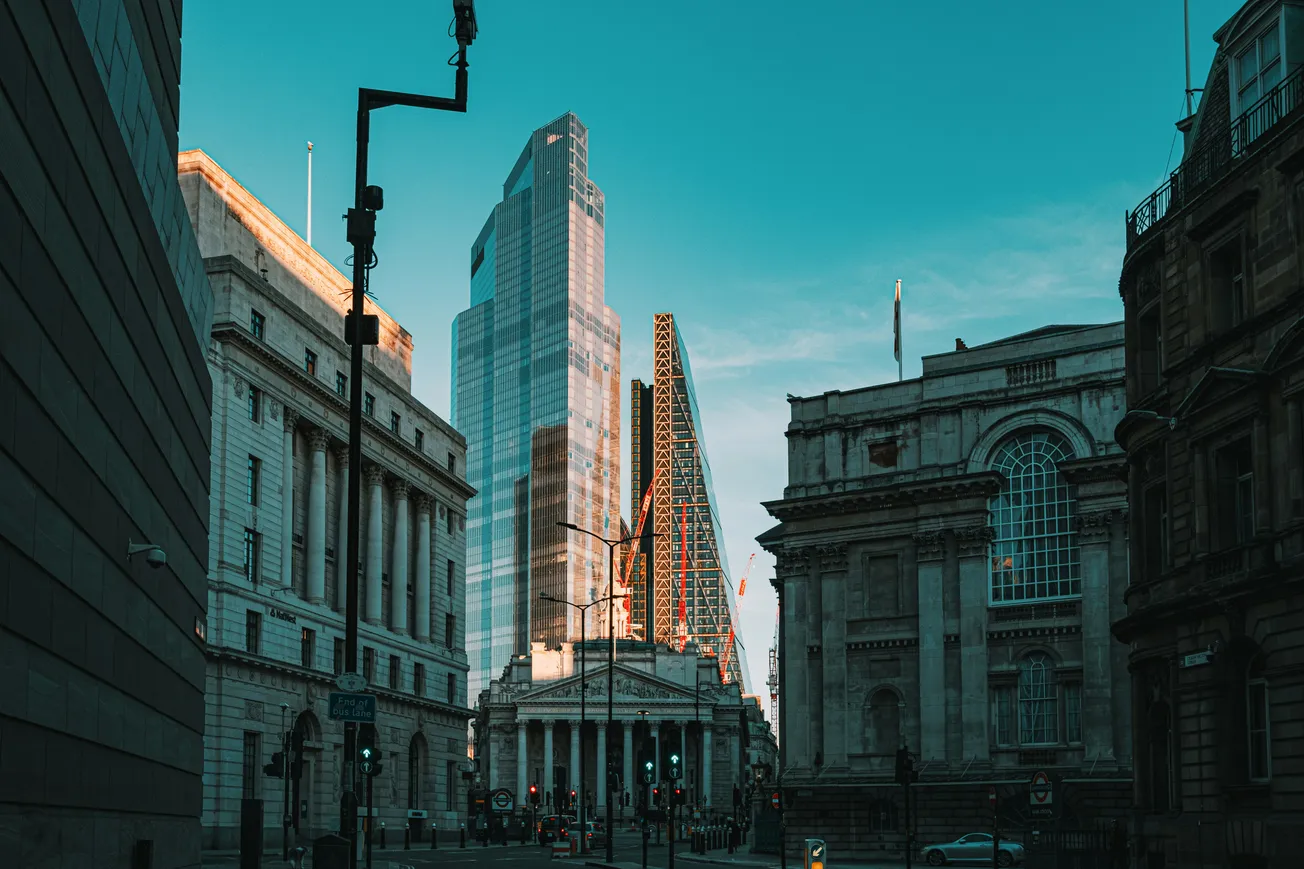Table of Contents
Dubai’s growing role in real-world-asset tokenization took center stage in a new Forbes analysis dated November 19, 2025. The piece argues that clear rules, active agencies, and visible pilots are turning the city into a hub for tokenized assets, including real estate. Together, these steps are pulling in platforms, developers, and investors who want regulated, on-chain exposure to physical assets.
Forbes’ feature by crypto lawyer Irina Heaver explain shift by tracking how VARA and market players built rails for RWAs . At the property level, the Dubai Land Department launch initiative to enable fractional ownership and tokenized title flows, aligning with the emirate’s broader 2033 real-estate goals. These actions create a clear route from issuance to trading with public agencies involved.
Deal activity supports the narrative. Earlier this year, developer DAMAC and blockchain platform MANTRA sign deal to tokenize at least $1 billion in assets, reflecting how Dubai developers now pair projects with on-chain structures. The agreement followed prior tokenization plans by other local groups and shows how real estate and infrastructure assets are moving into regulated digital formats.
“DAMAC is always exploring new technologies to enhance our product offerings. Partnering with MANTRA is a natural extension of our commitment to innovation and forward-thinking solutions,” said Amira Sajwani, Managing Director of Sales & Development at DAMAC Group. Her comment underlines a practical push from major developers, not only crypto firms, as Dubai’s tokenization stack matures around real assets.
If current pilots scale, Dubai could set templates other markets copy: official registries that sync with token ledgers, licensed platforms that sell compliant fractions, and secondary venues with clear settlement rules. The Forbes article says this mix of regulation and execution is why the city stands out today, and why it may keep leading the next wave of tokenized real estate.






